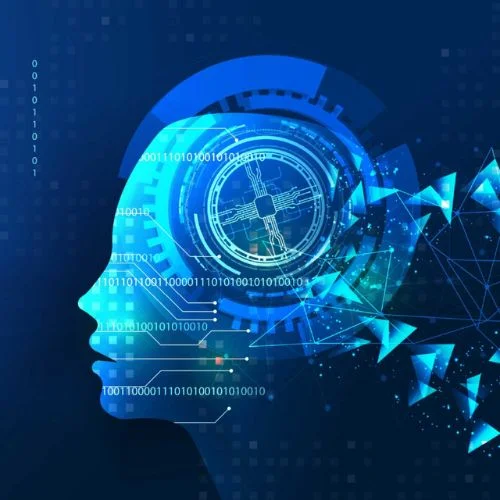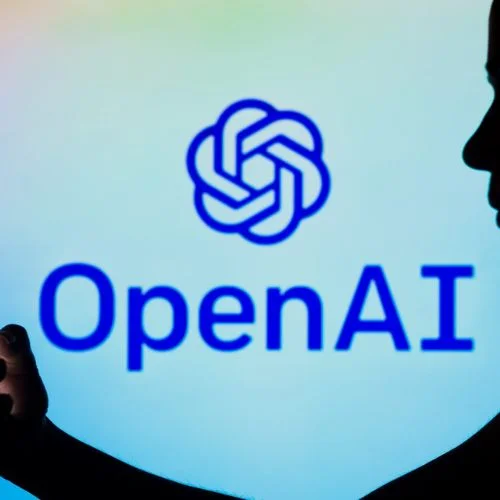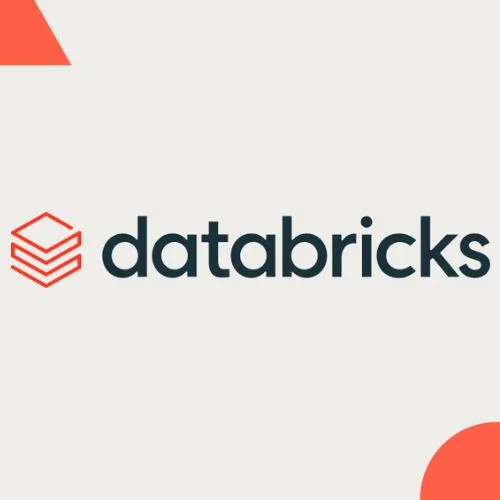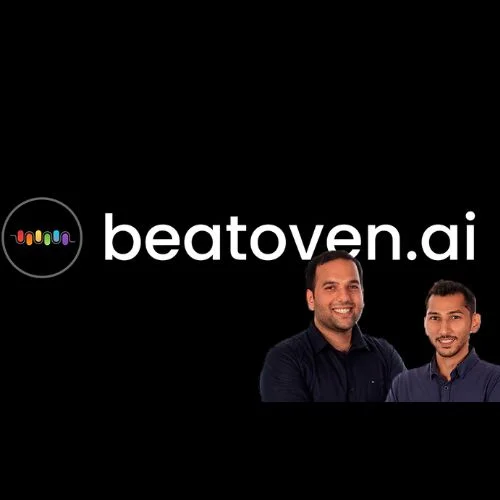According to the 2023 Workforce Health Index by learning solutions provider Cornerstone OnDemand, more than 55% of organizations in India are not currently embracing artificial intelligence or AI technology to optimize their workforce.
According to the research, just 17% of organizations use a comprehensive set of learner-centric technologies to simplify personnel processes and information, and only 39% of organizations questioned concentrate on identifying current and future skilling requirements that are linked with company strategy.
The poll, which ran from August 2023 to September 2023, elicited answers from 127 organizations in India representing a wide range of sectors. Questions in the survey focused on the maturity level of seven essential talent program dimensions: culture and technology, skills strategy, learning and development, content strategy, performance management, talent mobility and talent reporting, data and analytics.
The maturity of their organizations’ talent initiatives was categorized into one of four overall maturity levels based on respondents’ responses: Foundational, Administrative, Sophisticated, and Transformative, with each level building on the preceding one.
The average Talent Health Index (THI) for Indian organizations put them in the ‘Administrative’ maturity level, indicating a mastery of the fundamentals but a very early exploration of innovation. At this level, talent programs lag in terms of automation, and organizations lack a solid learning plan.
However, not all organizations are underdeveloped. According to the survey, organizations that rated themselves better in customer satisfaction, productivity, employee retention, and overall performance – known as High-Performing Organizations (HPOs) – also scored much higher on the Talent Health Index.
HPOs, on average, achieved Sophisticated maturity and showed greater degrees of maturity in the following three dimensions: learning and development, talent mobility and talent reporting, and data and analytics.
Every function includes at least a few repetitive, manual duties that take time away from more effective work, such as checking email, entering data, and preparing reports. AI may assist in automating mundane processes, saving time, increasing productivity, lowering the risk of human mistakes, and increasing team member engagement by allowing them to spend more time on more important work.
A variety of technologies are available for various company processes and use cases, such as chatbots for customer care, applicant tracking systems for recruitment, and payroll platforms for accounting, depending on which duties you want to automate.
Artificial intelligence and machine learning systems can handle and analyze massive volumes of data at rates and scales well beyond what humans are capable of. As a consequence, AI can detect patterns, behaviors, and trends that human analysts may miss, allowing it to anticipate future outcomes based on prior data.
Predicting customer churn, recognizing worker turnover trends, estimating revenue, and reporting fraud patterns or behaviors are some applications for advanced data analytics.















